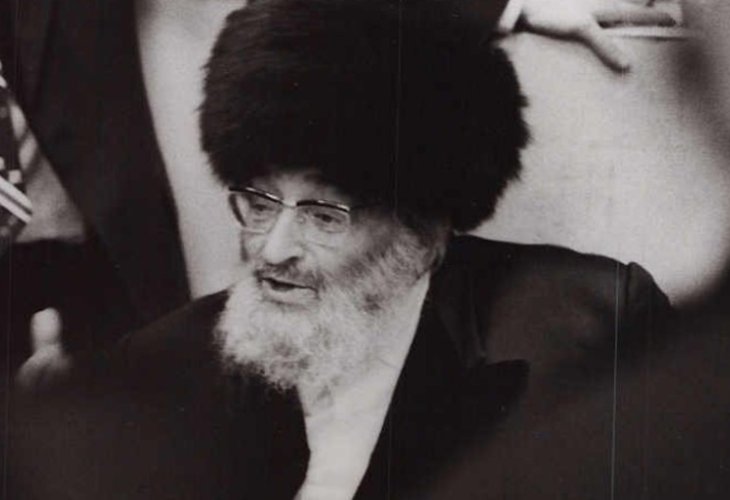Rabbi Yitzchak Hutner: The Warm Household of Esau
Rabbi Yitzchak Hutner explains the pivotal difference between Esau and Ishmael, offering insights for parents and educators today.
 Rabbi Yitzchak Hutner
Rabbi Yitzchak HutnerIn his weekly column in the 'Yated Ne'eman' newspaper, Rabbi Shmuel Baruch Ganot shares Rabbi Yitzchak Hutner's insights on the difference between Esau and Ishmael. The teachings hold relevance for us all.
During the "Black September" events, a plane was hijacked by "The Popular Front." The hijackers released non-Jewish hostages, holding the Jewish ones for a week. After releasing women and children to Cyprus, the male captives were held in Amman, Jordan, eventually being freed in Nicosia and returned to New York just before Rosh Hashanah 1970.
Aboard that flight were members of Rabbi Hutner's family: the esteemed Rabbi Yitzchak Hutner, his wife, their daughter, and her husband, Rabbi Yonatan David. As the situation unfolded, Rabbi Hutner's students raised a significant amount of money, attempting to broker a deal through American mediation. However, this approach was countered by Rabbi Yaakov Kamenetsky, who argued that during wartime, captives should not be redeemed with money, even when the demands aren't exorbitant, as it could fund future terrorism.
The plane's hijackers included Arab and German terrorists. Unlike the Arabs who were extremely cruel, the German captors showed respect towards Rabbi Hutner, recognizing his rabbinic stature. During these times, Rabbi Hutner pondered why Ishmael's descendants lacked the ability to respect their enemies. Even though they captured Jews to exchange for imprisoned terrorists in Israel, why couldn't they treat the captives with decency and respect?
Rabbi Hutner answered that the Arab complex of honor and humiliation stems from "Cast out the maidservant and her son." The disgrace and lack of self-respect Ishmael experienced during this banishment left a lasting impression, embedding a sense of inferiority for generations. "Esau had a warm home. His father Isaac loved him," said Rabbi Hutner, expounding on this in his renowned work "Pachad Yitzchak."
In his article, Rabbi Ganot emphasizes how crucial it is to provide children with warmth and love, frequent attention to their physical and spiritual well-being. "When a child or teenager enjoys a nutritious lunch and their parents gently and patiently oversee their lifestyle, dedicating quality time with care, their soul remains stable and healthy, fostering love for Torah and fear of Heaven."

